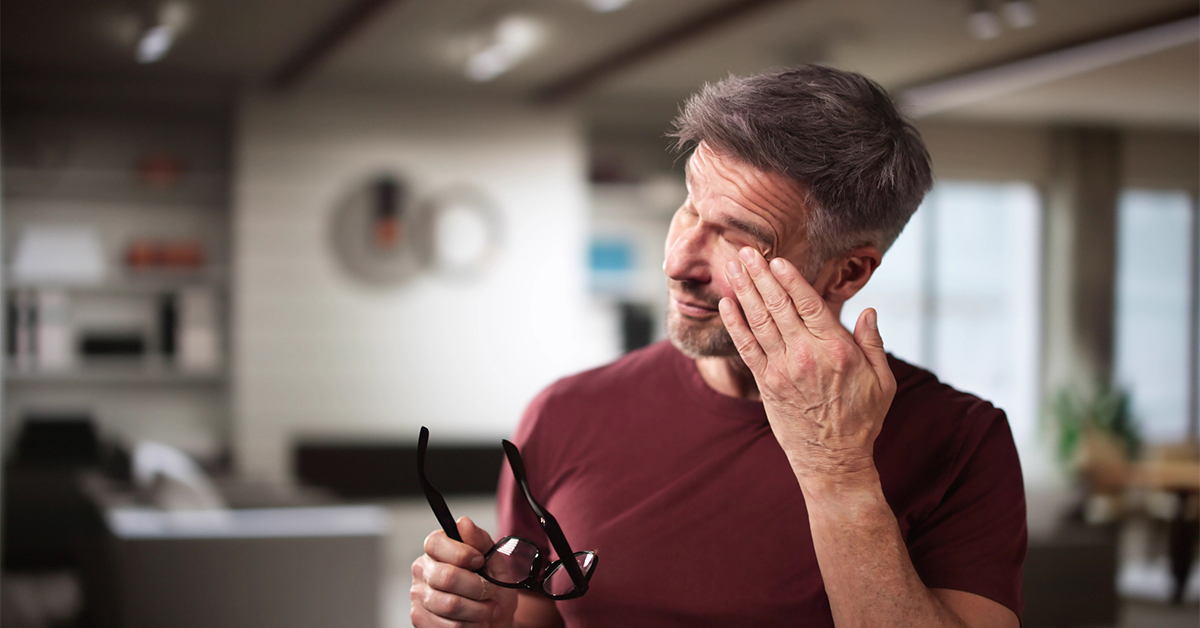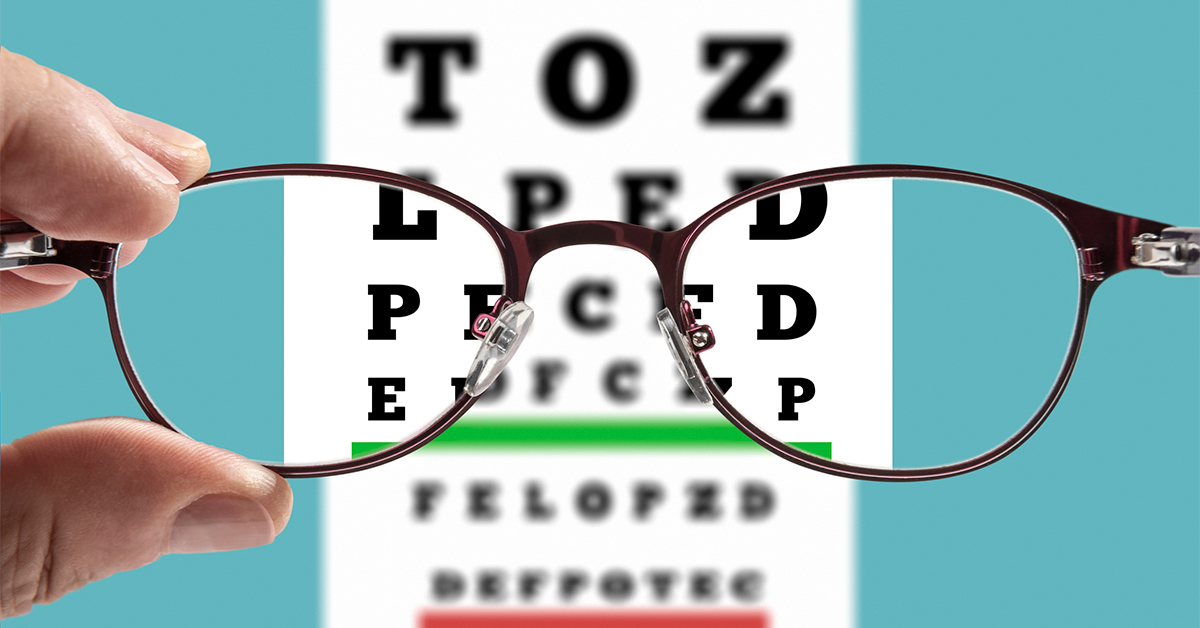Does your child seem to struggle with following directions or fall behind in school, even though they’re trying their best? It might not be a learning issue—it could be an undetected vision or hearing problem.
- The American Optometric Association (AOA) reports that a significant 20-25% of school-aged children have a vision issue hindering learning.
- For kids with hearing loss, the American Speech-Language-Hearing Association (ASHA) indicates even mild to moderate loss can lead to falling one to four grade levels behind without support.
At Welia Health, we’re committed to your child’s healthy development. That’s why we emphasize regular vision and hearing screenings. These simple, painless tests can detect problems early—before they impact learning, social growth, or overall well-being.
Why vision screenings matter
Clear vision is essential for more than just seeing—it’s foundational to a child’s physical, social, and academic development.
- Milestones achieved: From those first wobbly steps and attempts at catching a ball to the complex tasks of reading and playing, good vision supports key developmental stages. Proper visual development lays the groundwork for crucial depth perception and spatial awareness.
- Unlocking academic potential: Imagine the frustration of a child squinting at the blackboard or struggling to focus on a page. Vision is fundamental to learning success. Research consistently shows a strong connection between undetected vision problems and difficulties in school.
- Early detection, brighter futures: Screenings can identify common yet treatable conditions like nearsightedness (myopia), a growing concern in children, farsightedness (hyperopia), astigmatism, lazy eye (amblyopia), and crossed eyes (strabismus). Early diagnosis is key to more effective treatment.
- Safety and confidence in motion: Good vision allows children to navigate their world safely and confidently, whether they’re on the playground, riding a bike, or simply crossing the street. Impaired vision can sadly increase the risk of accidents.
At Welia Health, we provide age-appropriate vision screenings designed for early identification and timely, compassionate care.
Why hearing screenings are important
Hearing is the gateway to language, communication, and connection with the world.
- Language development: Hearing loss—even mild—can interfere with a child’s ability to learn sounds, form words, and build vocabulary. Studies emphasize that early detection of hearing loss is critical for optimal language development.
- Overcoming learning hurdles: A child struggling to hear may miss crucial instructions or have difficulty keeping up in the classroom. Sadly, this can sometimes be misinterpreted as behavioral issues or a lack of attention. Undiagnosed hearing loss can significantly impact a child’s educational journey.
- Early diagnosis is key: Screenings can pinpoint conditions like conductive hearing loss, often stemming from middle ear infections, or sensorineural hearing loss. Even hearing loss in just one ear (unilateral) can have a profound effect on a child’s development.
- Nurturing social and emotional growth: Children with untreated hearing issues may experience feelings of frustration, withdraw from interactions, or face delays in developing essential social skills. Healthy hearing is vital for building strong connections.
At Welia Health, we use advanced technology and evidence-based methods to provide reliable hearing screenings for children at every developmental stage.
What to expect during a screening
Both screenings are safe, quick, and non-invasive.
- Vision screening: Your child might read from a Snellen chart or use automated tools to assess their vision. If the results indicate a potential issue, we’ll provide a referral to an ophthalmologist or optometrist at our Welia Health Eye Care Center for a comprehensive examination.
- Hearing screening: The methods vary depending on your child’s age. Newborns are typically screened using otoacoustic emissions (OAE) or auditory brainstem response (ABR) testing. Older children may undergo pure-tone audiometry or tympanometry to evaluate their hearing and middle ear function.
When should screenings take place?
Regular screenings are key for your child’s development. The American Academy of Pediatrics (AAP) recommends:
- Newborns: Hearing screening before leaving the hospital.
- Infants and toddlers: Vision and hearing checks during well-child visits.
- Preschoolers: Routine screenings to catch issues before starting school.
- School-aged children: Screenings during annual checkups or if concerns arise.
Scheduling all those well-child visits is the best way to ensure these important screenings happen as recommended. And always contact your Welia Health provider with any concerns about your child’s vision or hearing, even between appointments.
Welia Health is here for your family
“At Welia Health, we believe every child deserves the chance to grow, learn, and thrive. Regular vision and hearing screenings help lay the foundation for a healthy, successful future.”
Joe Mork, OD
Welia Health Eye Care Center
Whether it’s your child’s first screening or a routine well-child visit, our team is here to support you every step of the way. Take the first step towards your child’s success. Schedule a vision and hearing screening today! Call Welia Health now at 320.679.1212, request an appointment online, or log onto MyChart.
While vision and hearing screenings are quick and easy, their benefits are significant. Early detection can make all the difference in preventing learning difficulties, building self-assurance, and equipping your child with the tools they need to thrive, both academically and in their everyday lives.













